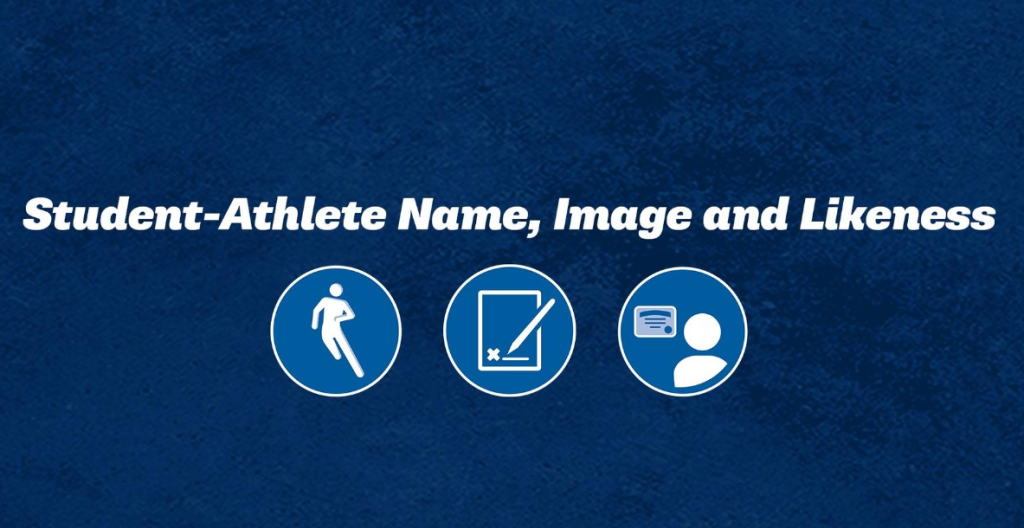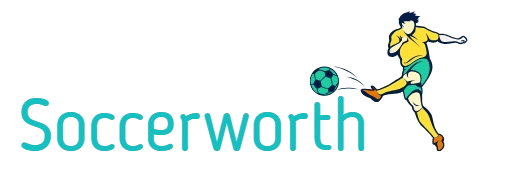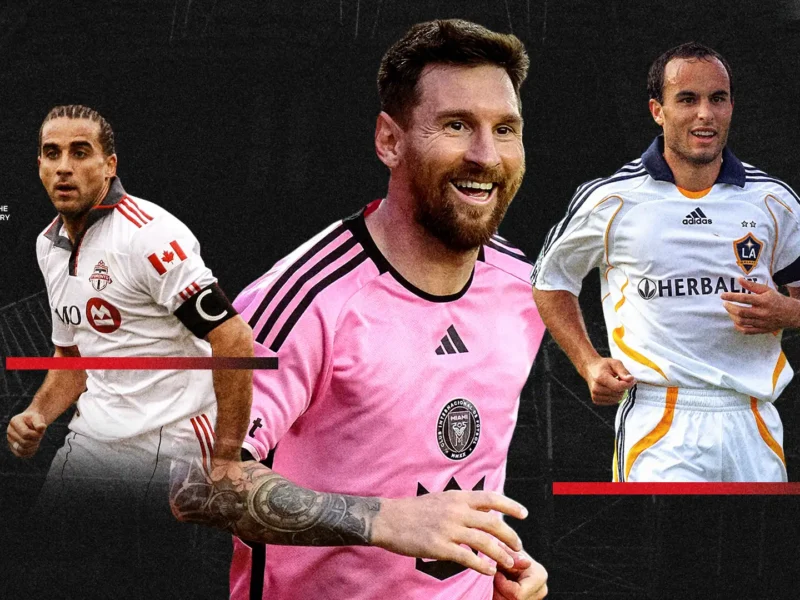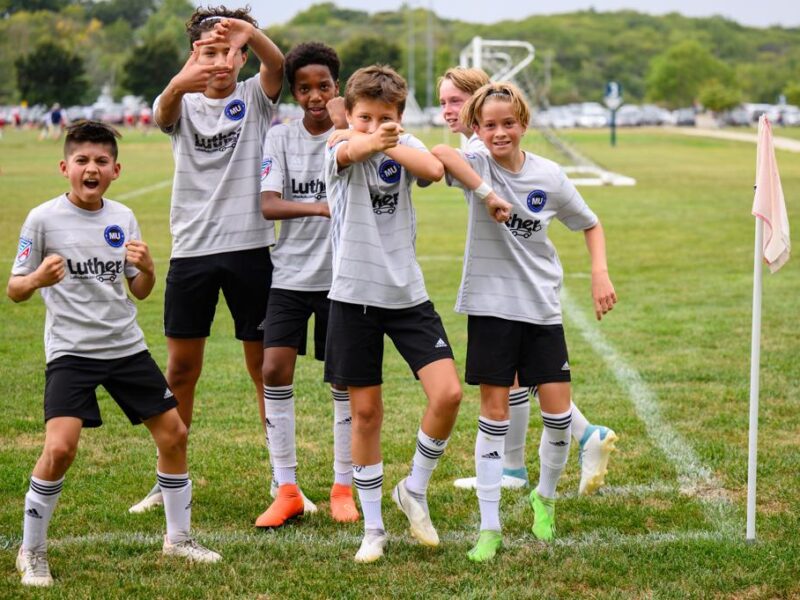College football has been an amateur sport since the 80s. Until just a few years ago, the acronym NIL meant next to nothing to most fans of college sports–unless you, of course, happened to watch soccer, in which case it literally stands for “zero” as in 2 nil = 2-0 .
But now, NIL – short for name, image, likeness – is about to alter the face of college athletics as we know it.
The NCAA’s policy changes will allow much easier opportunity for athletes to make money from their image, or name, than what appears ready to go into effect at the earliest dates or perhaps has, in several states whose legislation is already progressing, including Florida’s.
Now, there’s just one catch – the process isn’t always smooth sailing.
NIL laws differ from state to state, so you could have some state-specific guidelines you are obligated to follow.
If high school students can be engaged in NIL activities would be determined by the rules of your High School Sports Association. Many colleges and universities will also have their own specific rules regarding NIL.
My purpose here is to help high school student-athletes and their parents understand the NIL rules, providing an arms-reach view into making the recruiting process more manageable.
By understanding what is and isn’t allowed, you can protect your eligibility for college sports while making the most of future NIL opportunities.
What is NIL?

NIL stands for name, image, and likeness, which refer to three specific elements of the “right of publicity,” a legal concept regulating the uses of a person’s identity to market products or services.
For example, if a person clicks a photograph of the athlete wearing a brand and uses the photograph in an advertisement without his consent, the athlete can claim the breach of his right of publicity.
This right is generally used to protect an individual from any form of commercial exploitation of their name, image, or likeness that was not authorized by them.
The NCAA has over a long period of time been criticized and accused of allowing itself to exploit student-athletes’ names, images, and likenesses without affording them the right to benefit themselves economically from their rights.
What is the NCAA NIL rule?
The three major provisions that come with the NCAA’s pre-emptive interim policy includes that:
- A player may engage in NIL activity in their state
- In states that do not have NIL laws, athletes can still participate in NIL activities without breaking NCAA rules.
- It is expected that student-athletes will disclose their NIL activities in the manner permissible by state law, institution, or conference requirements.
- The sports persons are permitted to employ professional service providers to support their NIL activities.
Student-Athlete NIL Activity
The new NIL reforms enable for profit activities in such NIL areas as:
- Autographs and memorabilia
- Brand/Ambassador
- NFTs
- Blogging or podcasting
- Public speaking
- Music, art, and more
- Camps and Clinics
- Personal Appearances
- Sales of Products
The Must-Know For Student Athletes
NIL opportunities are huge at the college and high school level, but there are a few big considerations high school student-athletes should bear in mind entering in.
Early preparation and strategic planning on the effect of NIL on their journey to college cannot be overemphasized.
State NIL Rules: Every state has its own NIL rules so what’s allowed in one state may be different in others.
High School NIL Rules: However, because the NCAA is allowing high school athletes to make a profit from their NIL, one should check their high school or sports “association” rules to not be in violation of any rules.
NIL College Rules and by Conference: In college, it is not only the state laws one has to familiarize themselves with; it’s also school or conference NIL rules.
Prioritize School and Sports: You should try to maintain good grades and work hard to improve your athletic skills. It enhances both your college prospects and—later on—your chances for NIL.
Build an Online Profile: One should start to build an online presence on social media, although one may not be interested in making moves at the high school level to close athletic deals with NIL. Sharing one’s journey and interests can not only make college coaches know someone better but, in addition, pave possible future NIL opportunities.
Seek Advice: Get in touch with the present college athletes who may be able to give you valuable advice about NIL. They can possibly put you in touch with NIL professionals, and with their guidance, you’ll be able to make some wise decisions.
You might even think about talking to financial experts, tuning into podcasts around the industry, or heading to workshops on NIL.
Stay in the Know: The rules and laws around NIL are changing and evolving, so it will be important to know how to make wise choices through your high school and/or college years.
ALSO READ | Do College Soccer Players Earn Money For Playing?
States With NIL Laws
States are developing their own set of NIL laws which means it varies from state to state around the country or the college athletes are in.
These laws dictate what athletes can possibly endorse and when they can commence Nil activity.
In states that have enacted NIL laws, student-athletes can earn money in accordance with both state and school rules. In states, which do not have an : enacted law, the : individual colleges determine the rules for NIL activities.
Do College Have Different NIL Rules?
Yes, every school is responsible for NIL deals and can step in and stop a deal that may run afoul of existing agreements.
Most schools are aligning with businesses, such as Opendorse and Teamworks, which offer athlete-facing platforms for athletes to upload existing NIL contracts to be reviewed and approved for compliance.
All student athletes should be familiar with their institution’s NIL policy and be responsible for informing the institution of all NIL arrangements.
Work directly with your school’s compliance department or your coaches to make sure you’re following your school-specific rules about NIL. Scroll down for a list of links to institutions that have released their NIL language.
If you are looking to monetize your NIL, you’re going to need to ask coaches their opinion on NIL rules.
How Will NIL Change College Athletes’ Earnings?
Prior to the recent ruling on Name, Image and Likeness (NIL) by the NCAA, there was essentially no way that college athletes could make money from their sporting activities.
Everything would change with the new NIL rules; some of the athletes are poised to have a chance of making millions per year.
The fact of the matter, however, is that compared to the amount top earners manage to get courtesy of their popularity and skills, the bigger percentage can be termed as peanuts.
What Are the Legal Issues Around a College Athlete Taking Part in NIL Activity?
There are many college athletes hoping to cash in on their NIL rights, but they find themselves in a very complex legal landscape.
The set of laws also demands that any college athlete follows the stipulations beyond the state law and not only that but also the rules and regulations set up by the NCAA.
Thus, an athlete should hire professional financial and legal advisors, especially when at the point of earning a big income.
An intelligent way for users to maximize opportunities on NIL without risking their eligibility is to understand such regulation mechanisms.
What Are the Potential Long-Term Implications of NIL on College Athletics?
How NIL rights are being ushered in could potentially change the value and values relationship between colleges and their sporting students.
It opens up a new era in which athletes have much more power in negotiations. With increased independence and monetary opportunities, college sports will change in deep and likely permanent ways.
If some athletic programs decouple from revenues, colleges may reconsider the role or even the existence of some sports. It is, however, still too early to determine the full extent of this process.



